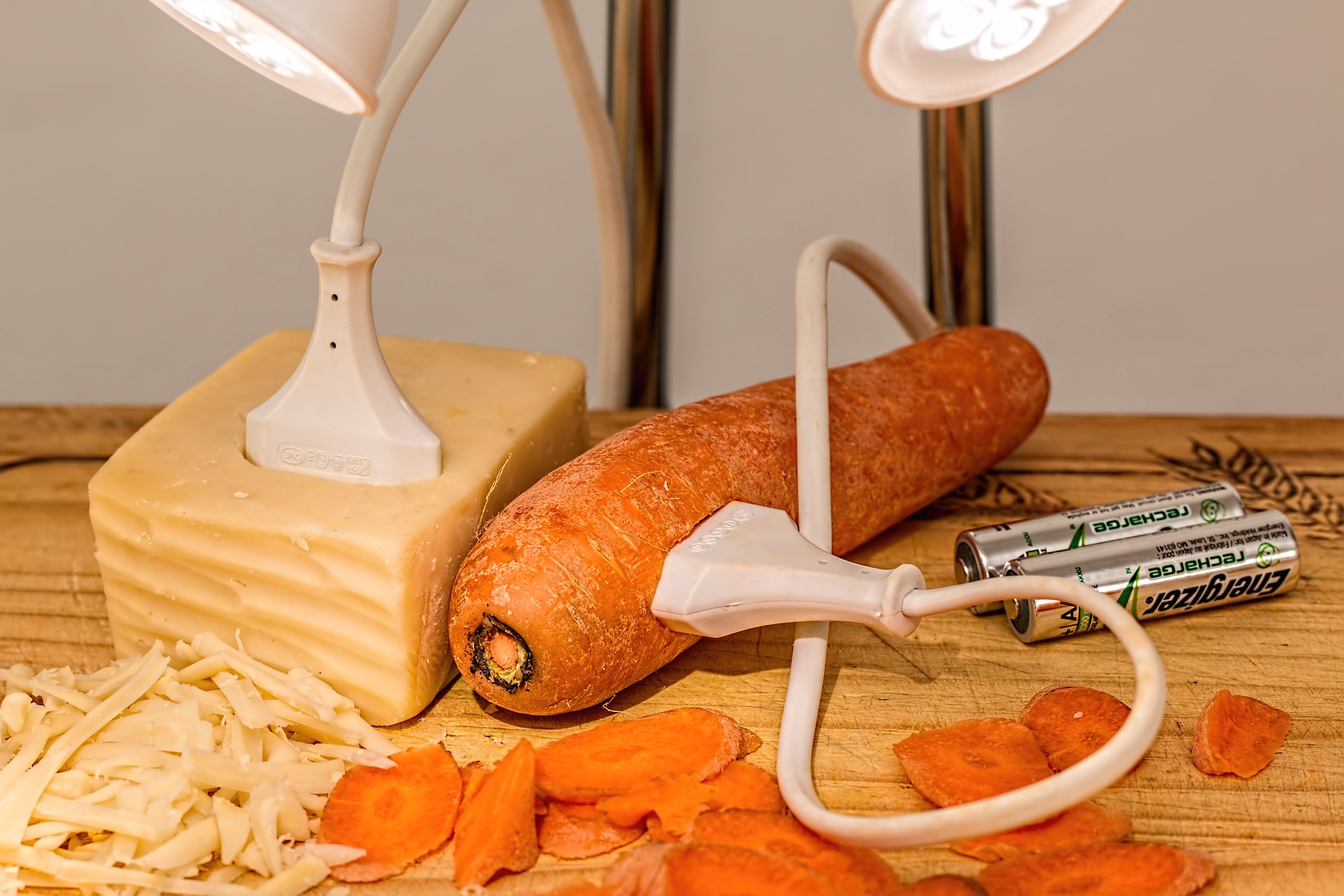Researchers at the Lublin University of Technology have developed a machine that allows the lion’s share of the post-production waste of construction and agricultural companies to be reused. The machine makes it possible to improve environmental indicators while expanding the plants’ offerings.
From a concept to prototype. Lublin University of Technology presents an innovative recycling machine
Although the solution is primarily intended for industrial recycling—managing waste generated during production—it can certainly help improve overall recycling rates in our country.
According to official data, around 30% of plastics in Poland are directed for reuse. However, an investigation conducted by Plastic Review based on 2021 data indicates that the actual recycling rate was around 10% in practice. This discrepancy stems from methodological shortcomings in such calculations and dishonest handling of documents confirming recycling (DPR) or recovery (DPO). [5]
Although the topic of recycling is well-known and the mere possibility of producing new components from used plastic does not seem unusual, the machine presented on 12 December 2023 in Lublin opens up completely new possibilities for the industry.
“This technology is several steps ahead of the designs of existing typical processing machines,” emphasizes Professor Klepka, head of the Department of Polymer Technology and Processing at Lublin University of Technology. – Our team has developed a technology for producing new products from mixtures made of various polymeric materials, which, when crushed and mixed, are basically unmanaged so far. Waste mineral materials like quartz sand, construction dust or crushed and dried plant parts are also added to the plastic. This process will give a second life to the materials, improving environmental indicators.” [1]
The method of the scientists from Lublin can be used directly in production facilities in almost any industry. With its help, companies have a chance to better manage their resources by using material that would otherwise end up as waste.
The invention has hitherto received international attention. At the INOVA Croatia 2023 exhibition, it received a gold medal and three special awards: The Highly Innovative Products Foundation of Saudi Arabia, the Inventors Forum of Romania and from researchers at Norton University Cambodia. The construction of the machine was funded by funds from the Ministry of Education and Science obtained through the ‘Science for Society’ program. [2]
What can a machine from Lublin University of Technology produce? Opportunities for industry in Poland and worldwide
“Our flagship idea is an artificial stone – polymer grit — that can be colored throughout or have drainage holes to absorb water when there is an excess and give it back when there is a drought,” says Prof. Klepka. [3]
However, this is only the beginning of a potentially endless list of applications and possibilities that the described invention opens up for industry. The machine allows for the production of round, oblong and also cuboid shapes.
Examples of products that can be manufactured using this technology include roof tiles, paving stones, garden furniture, speed bumps and energy barriers.
The machine makes it possible to thermally combine the plastic mass with a “filler”, such as the above-mentioned sand or building dust. – e.g., the aforementioned sand or construction dust. In this way, mixtures with new properties can be obtained in a controlled manner, either extremely hard or appropriately elastic, as required. The use of materials that would otherwise go ‘in the bin’ improves the environmental performance of the product and the company.
“[…] The solution we have proposed as described in the patent application and the prototype machine means that the waste generated at the production site can be transformed independently into a new product. This not only solves the problem of storage, transport, disposal, and delivery of – until now – unnecessary waste to recyclers but also provides a raw material with known composition and properties. By processing their post-production waste, companies know exactly what they are dealing with,” explains Professor Tomasz Klepka in a statement for the android.com.pl portal. [4]
According to the scientist, it should not take more than six months to launch the machine on a production scale.
This year, Lublin University of Technology employees have been granted around 120 patents, a record result over the last few years, confirming the university’s increase in innovation. “We have completed more than 185 contracts with industry for so-called commissioned work for the socio-economic environment and several million zlotys of revenue from this.” – conveyed the rector of the Technical University, Professor Zbigniew Pater.
Lublin University of Technology currently educates around 7.1 thousand students, including almost 2 thousand in their first year.
Polish troubles with recycling. Better on paper than in real life
Although the solution is primarily intended for industrial recycling — the management of waste generated during production — it can certainly help improve overall recycling rates within our country.
According to official data, around 30% of plastics in Poland are reused, but an investigation by Plastic Review based on data for 2021 indicates that in practice, the actual recycling rate oscillated around 10%. This is due to methodological shortcomings of such calculations, as well as the fraudulent circulation of documents confirming recycling (DPR) or recovery (DPO).[5]
Bibliography:
[1] Lublin University of Technology scientists invent a machine that will create a new material from waste, https://kurierlubelski.pl/lubelscy-naukowcy-z-politechniki-wynalezli-maszyne-ktora-stworzy-nowy-material-z-odpadow/ar/c5-18155633, date of access: 22.12.2023
[2] A machine for special tasks. Gives ‘second life’ to waste, https://pollub.pl/rekrutacja/aktualnosci/maszyna-do-zadan-specjalnych-daje-drugie-zycie-odpadom-937.html, date of access: 19.12.2023
[3] Lublin University of Technology presents machine to help manage waste, https://zielonagospodarka.pl/politechnika-lubelska-zaprezentowala-maszyne-ktora-ma-pomoc-w-zagospodarowaniu-odpadow-14908, date of access: 26.12.2023
[4] Polish machine that takes recycling to the next level. “We turn on gravity”;
https://android.com.pl/nauka/669669-maszyna-do-recyklingu-wynalazek/, date of access: 22.12.2023
[5] Recycling only on paper. Polish statistics heavily inflated; https://zielona.interia.pl/smieci-plastik/news-recykling-tylko-na-papierze-polskie-statystyki-mocno-zawyzon,nId,6540000, date of access 04.01.2024
Marcin Szałaj


